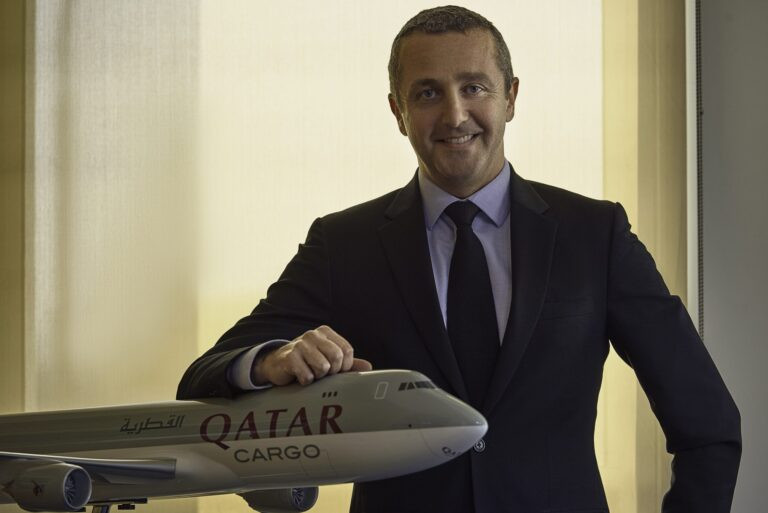Since its launch in 2015, Qatar Airways Cargo’s pharma business has grown exponentially and Guillaume Halleux, chief officer cargo notes that its specialised product, QR Pharma is now one of the carrier’s strongest.
But for new and smaller players, is now a good time to get a slice of the pharma pie?
“There is never a bad time for interested parties to invest in the pharma and healthcare supply chain,” says Halleux.
He explains that there are many things at play when ensuring the integrity of pharma shipments: “The pharmaceutical industry is highly regulated and extremely stringent across the entire spectrum from the manufacturer to the end patient, including the supply chain.
“Safety and security in the supply chain go hand in hand with temperature management, making it a highly complex set of controlled activities. The eventual outcome is to ensure that the efficacy of medicines remains unchanged from the time they leave the manufacturer until they reach the patient.
“Therefore, it is essential to adopt a highly evolved quality management system, properly defined procedures, effective partnerships, robust training, oversight of infrastructure around different airports in the world, investment in facilities and equipment as well as embracing new solutions and technologies that support this endeavour.”
QR’s global share of the total airfreighted pharma market now exceeds 11% (12 months average from December 2020 to November 2021), reaching nearly 15% during the peak of the pandemic. Halleux says many lessons have been learnt along the way.
“While we considered ourselves a market leader even prior to the pandemic, the situations and challenges we faced in the past two years are invaluable for us.
“As borders around the world began to close at an unprecedented rate, we found ourselves in uncharted territory; our schedules and capacities were no longer something we could take for granted. The market around us changed overnight and brought new demands every day: from the initial scramble to move desperately needed PPE to many markets, evolving to relief goods being transported by air, followed by Covid vaccines.
“We have not only survived, but thrived at a time when our capacity was inversely proportionate to market demand in unprecedented times of heightened urgency.
“We had to be more agile than ever, find solutions every day, be creative and most of all untiring and committed.
“Our product offering evolved to accommodate these new scenarios and we emerged from this journey stronger, more confident, and proud of all that we learnt from the crisis.”
The time is now
For emerging players, the time is now to invest in pharmaceutical capabilities. Halleux explains: “The pharma supply chain is a highly rewarding domain. One of the biggest reassurances for smaller cargo players is that unlike many other industry verticals, the healthcare industry is not seasonal: it is growing as healthcare needs of the global population and new therapies continue to evolve.
“Given the added layer of trust and consistency, pharmaceutical customers are not as volatile as in many other sectors. Customers tend to build supply chains with partners and work with them over a prolonged period of time to minimise risk and uncertainty. This will help smaller players build a customer base and scale up over time.
“Additionally, lessons learned in the pharma supply chain will help provide the highest levels of services in any other industry sector they wish to diversify to.”



